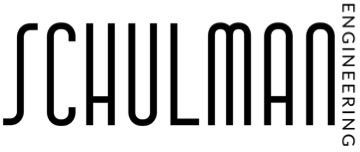Purchasing new industrial machinery can be a daunting task.
In this article we are going to try and help you be better prepared. This comes from our experience sourcing and commissioning machinery. And issues we have seen our clients have had to deal with.
Here are 5 tips to consider when purchasing industrial machinery.
- The Generic Curse.
- FAT (Factory Acceptance Testing).
- Standardize with you, not against.
- Maintaining control.
The Generic Curse.
The issue often ignored is the ‘Generic Curse’. It originates from the simplification of machine construction to cut costs. Machines are designed with a plug-and-play approach, enabling manufacturers to effortlessly add or remove features. They typically produce a single user manual that encompasses even the features not included in your purchase, which can lead to confusion.
This is not something you can avoid. However you can use this to better accurately understand your machine.
FAT (Factory Acceptance Testing).
What is FAT?
Factory Acceptance Testing (FAT) is a process that takes place at the manufacturer’s facility before the equipment is delivered to the client. It involves a series of tests and inspections conducted by the manufacturer or supplier to ensure that the product meets the specified requirements, design criteria, and functionality.
Don’t hesitate or feel pressured to give your approval. This is your opportunity to voice your concerns and ensure everything is in order. If you notice a problem, don’t accept it. Accepting a faulty product will only lead to complications once it’s delivered to your site.
Standardize with you, not against.
Selecting the right hardware/software is essential. It’s beneficial to stay consistent with the brands that are already implemented in your facility. This approach simplifies training as you already possess the necessary software and expertise within your team.
Keep in mind that you are the one who establishes the rules. You should aim to collaborate with a partner who is dedicated to tailoring the machine to your specific needs.
Maintaining control.
What happens when support ends? Or if you need to do something while the OEM is not available to assist.
Last thing you want to do is purchase a machine, and then not be able to service it.
Certain problems that may occur include encountering locked programs or not possessing the necessary programs. It’s crucial to ensure that the Original Equipment Manufacturer (OEM) provides all software backup files in an unlocked state, or supplies the necessary passwords.
